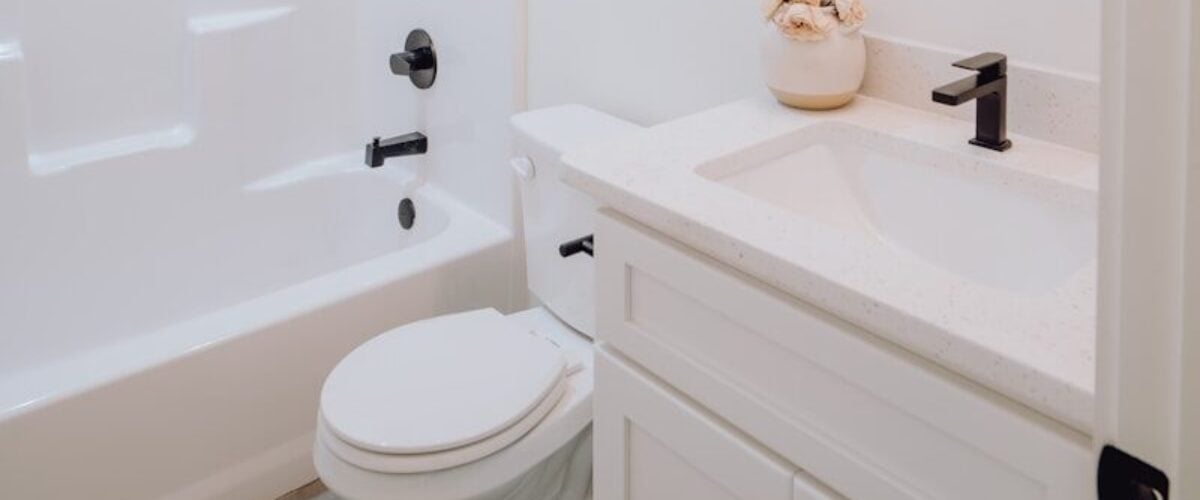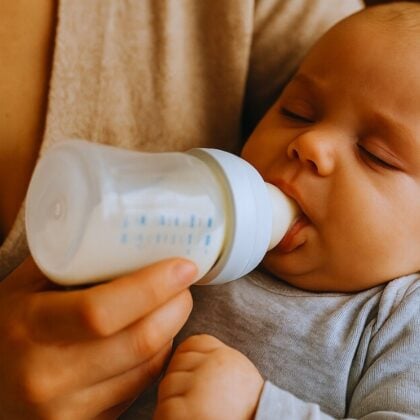
Lactose consumption in the context of alactasia (lactose intolerance) is likely to cause digestive discomfort, the indicators of which will be from flatulence to constipationfrom bloating to diarrhoea. More generally, many people suffer from intestinal gas and a lack of bowel movements, for a number of reasons.
Do you currently have a lot of gas but no bowel movements?
LACTOLERANCE will help you to find out more about this more or less uncomfortable and disabling dysfunction of the digestive system.
Intestinal gas and absence of stools: what causes this?
Before looking at the causes of flatulence and constipation, we need to understand these 2 phenomena that are directly linked to the gastrointestinal system.
- Often taboo because they lend themselves to a smile or are embarrassing in a social context, gas or 'farts' or 'flatulence' should not be taken lightly when they are produced in excess in the intestines and become painful.
💡 For your information, an individual with no intestinal problems produces between 13 and 21 gases per day.
Generally speaking, gas is the result of digestion by bacteria in the intestines.
Ces bactéries assurent la fermentation des aliments ingérés en les décomposant et en les dégradant. Résultat : l’anus produit des gaz qui sont le plus souvent inodores. Les mauvaises odeurs s’expliquent quant à elles par la présence de composés soufrés ou organosulfurés dans l’alimentation, que l’on retrouve par exemple dans l’ail, l’oignon, les crucifères (brocoli, chou, chou de Bruxelles, etc.) ou encore les oléagineux (noix de cajou, noix de pécan, etc.).
- The absence of stools becomes constipation if there is a low frequency of evacuation or difficulty in evacuating faecal matter. In concrete terms, this intestinal disorder manifests itself when stools are passed less than 3 times a week, when stools are abnormally hard 1 time out of 4 or more and/or when the difficulty in evacuating is accompanied by pushing in at least 25% of cases.
A distinction is actually made between occasional constipation from chronic constipation. In the first case, the absence of stools and the difficulty in evacuating last a few days or a few weeks. In the second case, they last for 6 months or more.
Différentes causes peuvent être à l’origine des gaz intestinaux et de l’absence de selles. Ainsi, les flatulences sont majoritairement liées à l’alimentation et leur surabondance est souvent justifiée par la consommation d’aliments tels que ceux précédemment cités.
Lactose intolerance ou au gluten ainsi que certaines infections digestives peuvent également être responsables d’une production excessive de pets. Quant à la constipation, elle reflète la sensibilité du transit intestinal aux facteurs extérieurs. De nouvelles ou de mauvaises habitudes alimentaires, le stress voire une grossesse engendrent notamment des problèmes d’évacuation des selles. Avec l’âge, on observe aussi un ralentissement croissant du système digestif qui va de pair avec la production de gaz intestinaux et l’absence de selles.
So what is the link between flatulence and flatulence?
Does constipation cause gas?
Dans la majeure partie des cas, l’absence de selles et les difficultés d’évacuation entraînent des pets et des ballonnements qui peuvent eux-mêmes être à l’origine de douleurs abdominales plus ou moins importantes.
In concrete terms, the accumulation of faeces in the large intestine accentuates the fermentation process, which itself explains the production of gas. For pregnant women, the end of pregnancy is also a particularly propitious time for excessive gas production: the pressure exerted by the uterus on the intestines and frequent constipation lead to excessive production of flatulence.
What illnesses and diseases cause a lot of gas?
On l’a dit, l’intolérance au lactose peut notamment donner lieu à des flatulences. D’autres troubles de santé et maladies sont aussi responsables d’une surabondance de gaz intestinaux :
- Aerocolia is the excessive presence of gas in the colon. Constipation, antibiotics or certain medical conditions can lead to aerocolia.
- Triggered by the absorption of gluten, coeliac disease is a chronic pathology of the small intestine. It manifests itself through farting, bloating, abdominal pain, etc.
- Gastrointestinal infections, gastro-oesophageal reflux, food poisoning and even appendicitis lead to abnormal gas production.
- Finally, the irritable bowel syndrome causes severe abdominal pain and episodes of diarrhoea and/or constipation. Although it is generally accompanied by normal amounts of intestinal gas, it must be named so as not to be confused with lactose intolerance, coeliac disease or Crohn's disease, whose digestive disorders can be similar.
Intestinal gas and absence of stools: what are the solutions?
Si vous remarquez que vous avez beaucoup de gaz, mais pas de selles depuis plusieurs jours, n’hésitez pas à consulter votre médecin traitant ou tout professionnel de santé en mesure de poser un diagnostic clair sur le dysfonctionnement de votre système gastro-intestinal.
En cas d’aérocolie chronique notamment, faites appel à un gastro-entérologue pour détecter d’éventuelles maladies ou pathologies sous-jacentes, à l’instar du syndrome du côlon irritable, de la maladie de Crohn ou de l’intolérance au lactose.
If you find it difficult to go to the toilet and you suffer from excessive flatulence, a few dietary changes can help you to improve your digestive comfort. Eat a diet rich in fibre, a nutrient found in cereals, fruit and vegetables, to help combat constipation. You should also drink 1.5 litres of water a day (or more, depending on your level of physical activity and sport, the weather, etc.) to improve your intestinal transit on a daily basis. On the other hand, limit your consumption of beer and fizzy drinks, fatty foods, sugar substitutes (fructose, sorbitol, etc.) and chewing gum as much as possible, and drink preferably outside mealtimes.
Si vos pets et votre absence de selles sont le fruit d’une intolérance au lactose ou au gluten, alors un changement d’alimentation s’impose. Éliminez donc partiellement ou totalement les foods containing lactose ou du gluten, selon la sévérité de votre intolérance alimentaire. Dans le cadre de l’alactasie, découvrez la supplémentation en lactase et (ré)intégrez les aliments riches en lactose dans votre régime en toute sérénité.
Les compléments alimentaires LACTOLERANCE 4500, 9000, ULTRA et 1/DAY vous permettent en effet de consommer du lactose sans subir les effets indésirables de votre intolérance, à commencer par les flatulences et la constipation.
👉 Cliquez ici pour découvrez nos solutions pour mieux digérer le lactose

Hello, I'm Vincent
Like you, I'm lactose intolerantI know exactly what you're going through and the difficulties you encounter on a daily basis. For over 10 years, I've been helping our customers to use our dietary supplements and giving advice and tips on how to improve their digestive comfort. I'm also a keen cook and gourmet, so you'll find my favourite recipes for a lactose-free diet in this blog.
Lactose intolerance is not inevitable! With LACTOLERANCE you can digest with complete peace of mind





